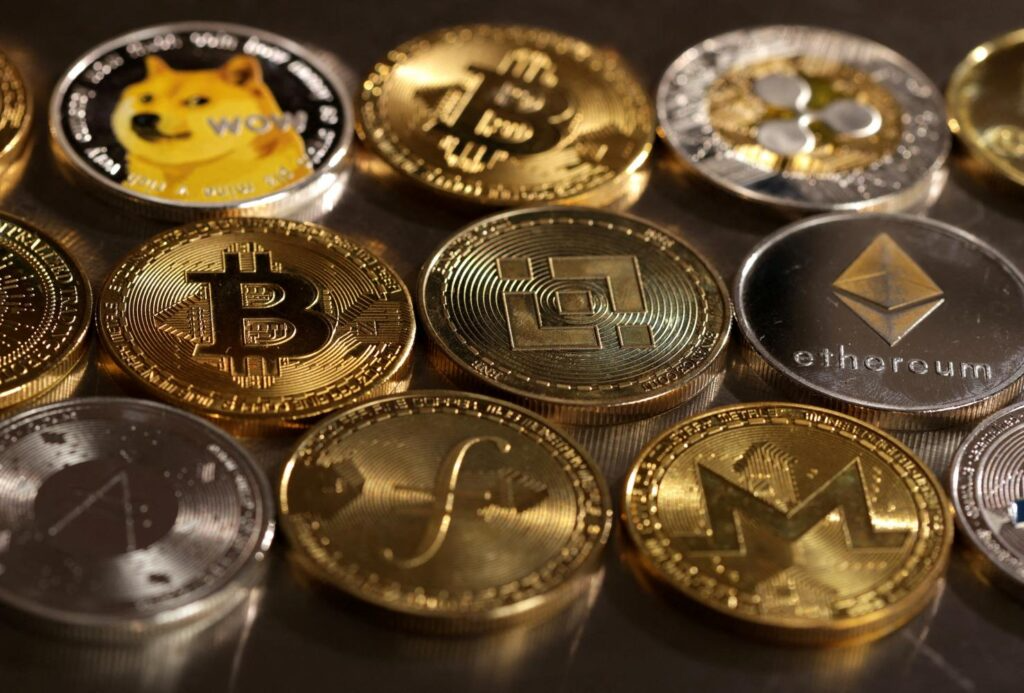Key Points:
- The Korean VXA has announced that it has issued a request to 12 domestic and commercial banks that have not contracted real-name deposit and withdrawal accounts with virtual asset exchanges.
- The request includes investigating real-name account contracts with virtual currency exchanges to ensure a fair trade order.
- Previously, the agency sent letters to 5 banks that signed real-name account contracts with Korean virtual asset exchanges.
According to Digital Today, the Korean Virtual Assets Exchange Association (VXA) issued a notice to 12 domestic and commercial banks, local banks, and internet-only banks on the 20th that they had to sign real-name confirmation deposit and withdrawal account contracts with virtual asset exchanges.

The request also asks for an investigation into real-name account contracts with virtual currency exchanges in order to guarantee fair trading orders and enhance consumer rights.
Earlier, on the 13th of this month, VXA wrote letters to five banks that signed real-name account contracts with Korean virtual asset exchanges, urging that banks do due diligence using the same criteria as current Korean won market exchanges.
According to reports, VXA is a consulting organization formed in January of this year by representatives of ten small and medium-sized encryption exchanges in South Korea, including FLATA EX, Flybit, BTX, ProBit, APRObit, Oasis, Huobi Korea, GDAC, and Beeblock, with the goal of jointly resolving the encryption market monopoly question.

Currently, Korea is tightening regulations related to virtual asset companies. As Coincu reported, the Korean Digital Asset Exchange Association (DAXA) and the five South Korean banks that provide real-name accounts to the country’s crypto exchanges will meet on June 15 to discuss “standardization of real-name account services.” Transfer limits, whether corporate banking should be allowed, and user deposit protection measures are all debated. The five banks are Nonghyup Bank, K Bank, Jeonbuk Bank, Kakao Bank, and Shinhan Bank.

In response to the considerable increase in associated crimes such as ‘virtual currency fraud,’ the Seoul South District Prosecutor’s Office in South Korea formed a coin investigative group. The investigative team is a separate entity inside the Southern District Prosecutor’s Office’s Financial Securities Crime Unit, which is currently in charge of financial crime investigations.
DISCLAIMER: The information on this website is provided as general market commentary and does not constitute investment advice. We encourage you to do your own research before investing.
Join us to keep track of news: https://linktr.ee/coincu
Harold
Coincu News






















